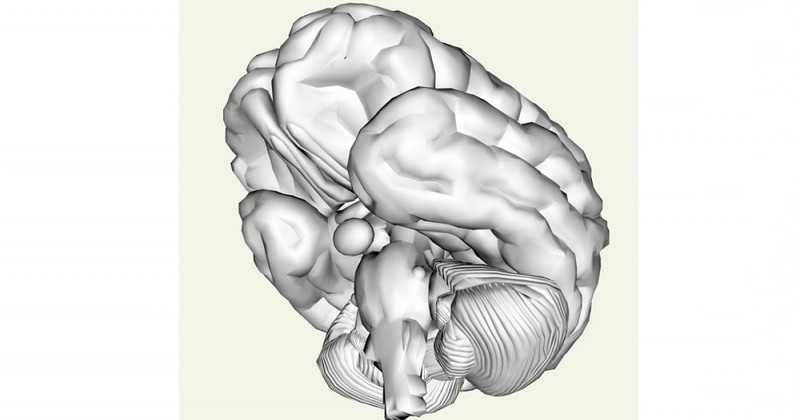How does stress affect the brain?

Stress has a powerful impact on our nervous system, modifying its functioning.
We have all read or heard about stress, a natural response that if given in excess can have repercussions on our health, however, do we know what happens in our brain when we suffer from stress?
The WHO defines stress as "the set of physiological reactions that prepares the body for action". Acute stress that is resolved in the short term can be positive, as it prepares the brain for better performance. However, constant stress can be fatal. This negative impact of stress occurs when it becomes chronic.
Stress hormones
Cortisol is the main stress hormone. When we are in a stressful situation, a signal is sent to the pituitary gland which hormonally activates the adrenal glands (small glands located on top of each kidney). These are the ones that release cortisol.which when elevated in the Blood increases glucose levels for the whole organism, so the organs work more efficiently, being appropriate for short periods of time, but in no case for long periods of time. In addition, there are the following.
- Glucagon (in a stressful situation, the pancreas releases large doses of glucagon into the bloodstream).
- Prolactin.
- Sex hormones (such as testosterone and estrogens).
- Progesterone, the production of which decreases in stressful situations.
Changes caused by stress in brain structures
Chronic stress can provoke several reactions in the following areas of our brain:
1. hippocampus
One of them is the death of neurons in the hippocampus (neurotoxicity). The hippocampus located in the medial part of the temporal lobe of the brain is a structure linked to memory and learning, it belongs on the one hand to the limbic system and on the other hand to the archicortex, composing together with the subiculum and the dentate gyrus the so-called hippocampal formation. It contains high levels of mineralocorticoid receptors, which makes it more vulnerable to stress. which makes it more vulnerable to long-term biological stress than other brain areas.
Stress-related steroids reduce the activity of some hippocampal neurons, inhibit the genesis of new neurons in the dentate gyrus and cause atrophy of the dendrites of pyramidal cells in the CEA3 region. There is evidence of cases in which post-traumatic stress disorders can contribute to atrophy of the may contribute to hippocampal atrophy.. In principle, some effects may be reversible if the stress is interrupted, although there are studies with rats subjected to stress shortly after birth whose damage to hippocampal function persists throughout life.
2. Amygdala
The amygdala is part of the limbic system and is responsible for processing and storing emotional reactions. Recent research suggests that when a person is under stress, this region of the brain sends signals to the amygdala, this region of the brain sends signals to the medulla, indicating that it should to increase the production of white blood cells.
The problem is that an excess of white blood cells can cause arterial inflammation, which can lead to the development of cardiovascular diseases such as strokes, angina and heart attacks.
3. Gray and white matter
Another effect of long-term stress is the imbalance between the gray and white matter of the brain.
The gray matter is composed mainly of cells (neurons that store and process information, and supporting cells called glia) while the white matter is made up of axons, which create a network of fibers that interconnect neurons. The white matter gets its name from the white sheath, myelin fat that surrounds the axons and accelerates the flow of electrical signals from one cell to another.
Chronic stress was found to generate more myelin-producing cells and fewer neurons than normal. This results in an excess of myelin and, therefore, of white matter in some areas of the brain, which changes the balance and internal communication within the brain..
Mental illnesses
Each person is unique and there are individual differences in the biological mechanisms of stress, which may have a biological basis or be acquired throughout life. They may determine differences in vulnerability or predisposition predisposition to develop stress-related disorders..
In short, stress plays an important role in the triggering and evolution of mental disorders, such as post-traumatic stress disorders, anxiety and depressive disorders, schizophrenic psychosis and others. It is also a risk factor and a significant component in substance abuse and dependence disorders.
(Updated at Apr 12 / 2024)